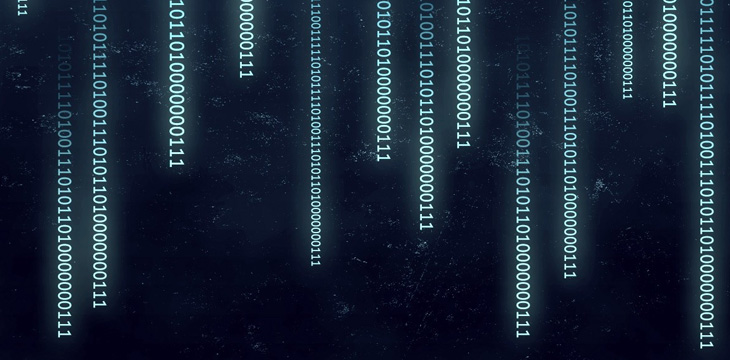|
Getting your Trinity Audio player ready...
|
The government of Malta has launched a policy document which seeks to set up the Malta Digital Innovation Authority alongside other legislation to provide legal certainty in the sphere of blockchain technology and, by extension, cryptocurrencies.
In a conference with various stakeholders, Parliamentary Secretary for Digital Economy Silvio Schembri explained that this “historic moment” for Malta will be tackled in three steps.
Step one deals with setting up the authority, step two deals with launching a bill that will set out the regime for the registration of “technology service providers” and the certification of “technology arrangements.” Lastly, step three will launch a bill that will set out the framework for Initial Coin Offerings (ICOs) and the regulatory regime on the provision of certain services in relation to virtual currencies. The only area which the document does not appear to cover for the moment is the regulation of cryptocurrency investments.
ICOs are ways for new digital currencies to create financing by offering investors the new currency in exchange for other established ones such as legacy Bitcoin (BTC) and Ethereum.
The intermediaries subject to the virtual currency bill include brokers, exchanges, wallet providers, asset managers, investment advisors and market makers dealing in virtual currencies (to be issued by the Malta Financial Services Authority).
Blockchain technology forms part of the wider Distributed Ledger Technology (DLT) and has so far not been regulated by any institution or body around the world. It is a technology that is an ever-growing list of records, called blocks, which are linked and secured using something called ‘cryptography’. Each record has a link with the previous record, or block, and contains a timestamp as well as transaction data.
Once the record is issued with a timestamp, it is not possible to alter or tamper with that information. While this new technology is difficult to grasp for the majority of people, in practice it could potentially bypass lengthy procedures in day-to-day life.
For instance, a music band could use DLT platforms such as blockchain to eliminate the need for intermediaries to receive royalty payments whenever somebody downloads their music. Transactions will occur across a peer-to-peer network, and are computed, verified and recorded using an automated consensus method.
The role of a Malta Digital Innovation Authority will take various forms. However, one of the key functions would be to certify DLT platforms which provides legal certainty for companies or people who wish to make use of them.
Currently, if a company wants to make use of a DLT platform to effect cross-border payments in order to cut out central authorities and make the process less expensive and more efficient, it will have to make use of a platform that is not certified in any way.

 03-02-2026
03-02-2026 




